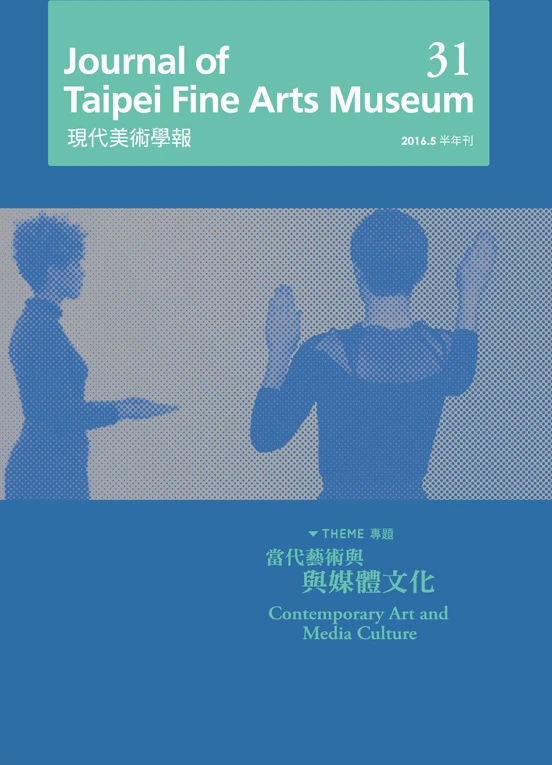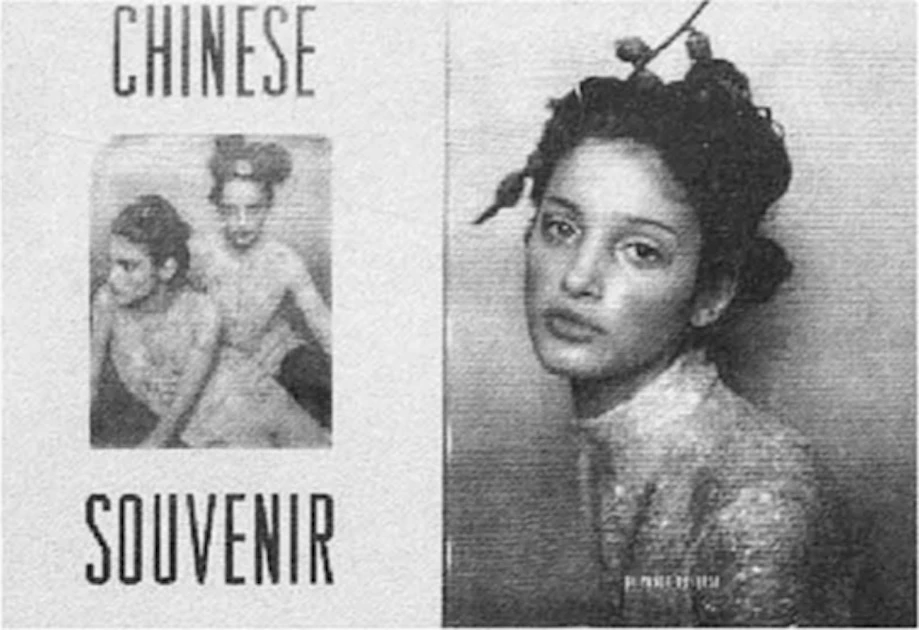摘要
建築教育的知識內涵以及形塑的意識,使其培育出的專業人才會在未來的社會中主導「建築的形成」,包括建築如何被建造、如何藉由法規形成群我關係、建築如何被討論而形成在社會中所扮演的角色,以及如何被傳授並形成往後知識體系的建構。原本這樣的研究邏輯已成為範式,卻在近年來遭到了巨大的挑戰,主要原因在於科技文明的高度發展,已經逐漸進入各個專業領域並造成影響。與建築教育高度相關的有以下幾點:1. 因為資通訊(含網際網路)以及交通方式的高度發展,知識的來源已經改變,並且隨手可得。2. 因為人工智慧及大數據的發展,知識的生產方式也正在改變。3. 數位原生世代的思維養成不同於過去的世代,專業教育正面對典範轉移的挑戰。4. 數千年來的空間實體性經驗面對虛擬空間的介入,將逐漸形成全新的空間感知經驗,顛覆了建築學習,生產,以及專業溝通的方式。
這些改變雖然會迫使我們重新面對新的課題,卻也提供了新的機會在建構專業教育過程中發展自身的主體性。因此,本研究以國立成功大學建築學系的課程結構改革作為討論的參照,探究建築教育面對未來社會所能夠思考的幾個面向,以釐清目前建築教育在討論技術發展與人文養成所常見的二元化迷思,也期能逐漸建構具有相當的未來性及知識主體性的建築教育。
關鍵詞
建築教育、成大建築、知識主體性
Abstract
The knowledge content and conscious shaping of architectural education enable it to cultivate professionals who will lead the "formation of architecture" in future society. This includes how architecture is constructed, how the collective and individual relationships formed through regulations, how the role of architecture formed through societal discourse, and how architecture is taught and contributes to the construction of knowledge systems in the future. The paradigm of research logic has faced significant challenges in recent years, primarily due to the rapid development of technology that has gradually influenced various professional fields. Some perspectives highly relevant to architectural education are as follows:
1. Due to the significant development of information and communication technologies and transportation, the sources of knowledge have changed, becoming easily accessible.
2. The way knowledge is produced is also change due to the development of artificial intelligence and big data.
3. Professional education is facing the challenge of a paradigm shift because the mindset of digital natives differs from past generations.
4. The intervention of virtual space, challenging the spatial experientiality that has existed for thousands of years, will gradually create entirely new spatial perception experiences, disrupting the ways in which architecture is learned, produced, and professionally communicated.
While these changes may force us to confront new challenges, they also provide new opportunities for the development of subjectivity within the construction of professional education. Therefore, this research takes the curriculum reform of the Department of Architecture at National Cheng Kung University as a reference for discussion, exploring several dimensions that architectural education can contemplate in the future. The aim is to clarify the common dualistic misconception in architectural education regarding the discussion of technological advancement and humanistic cultivation, and gradually construct an architectural education with significant futurity and knowledge subjectivity.
Keywords
Architectural Education, Architectural Department of Cheng Kung University, Knowledge Subjectivity






